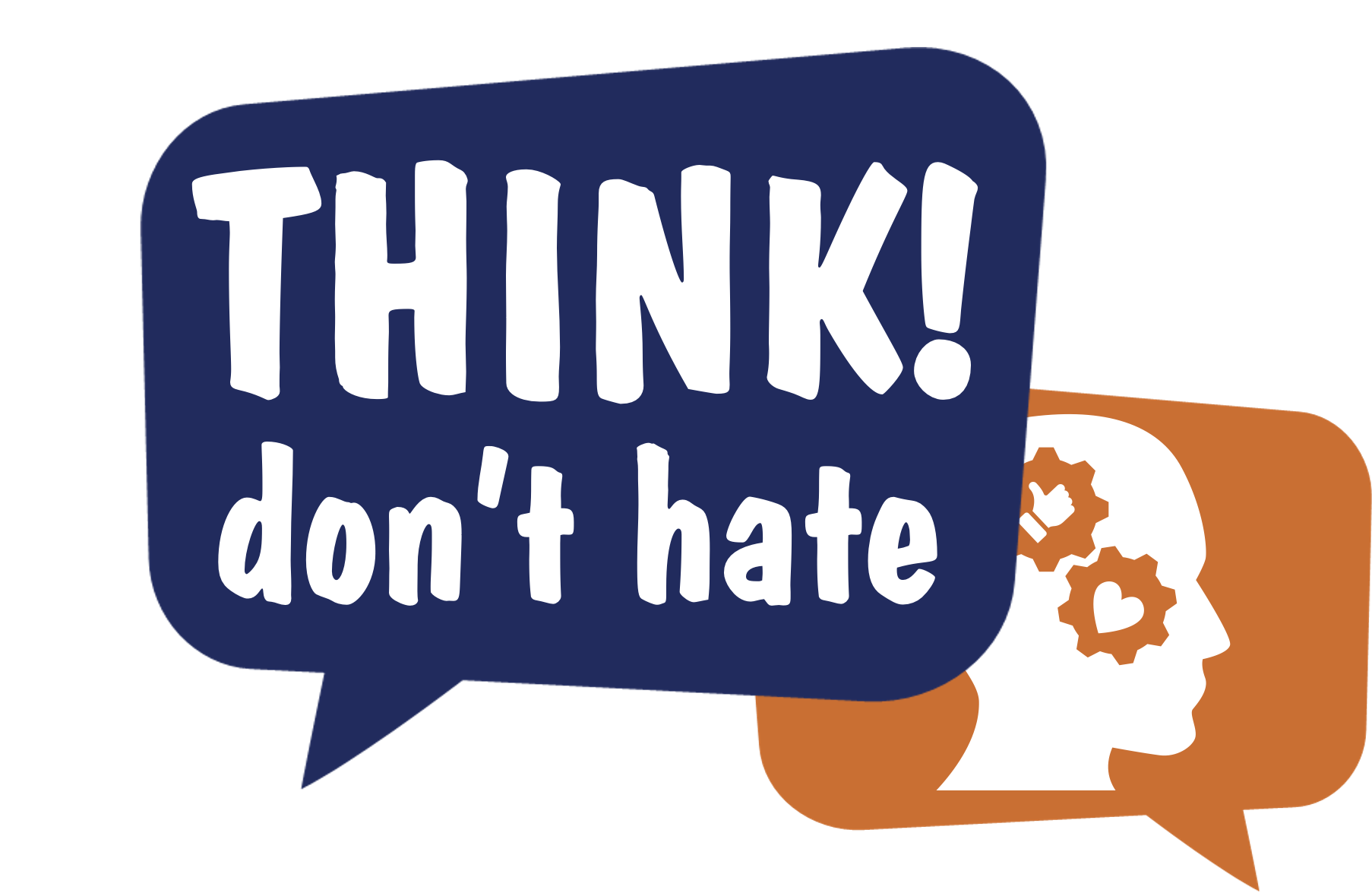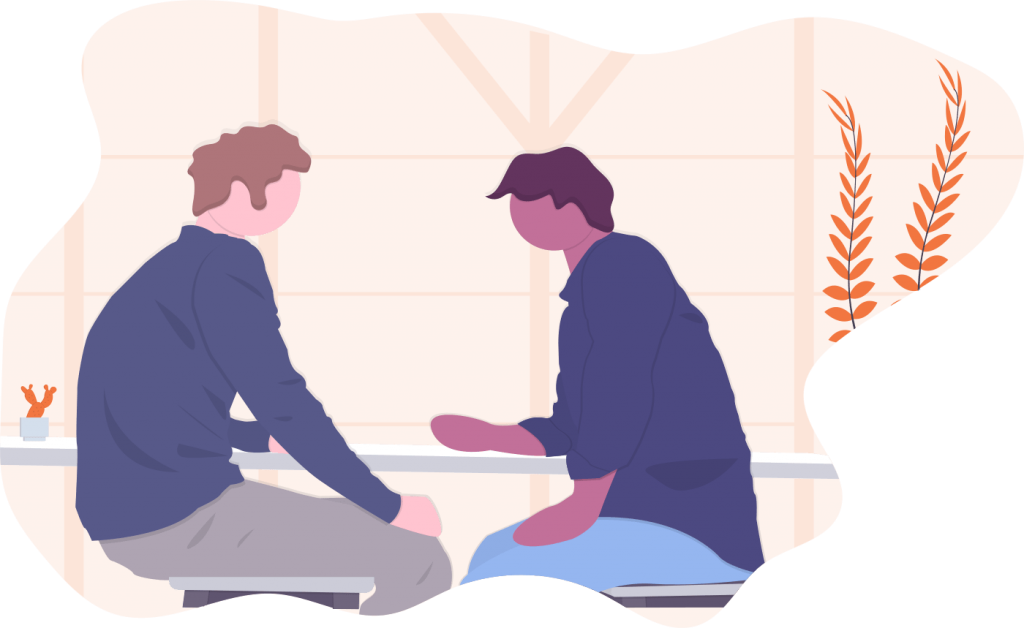
CHAPTER 4
A. Peer-to-peer education: what is it and how does it work?

We learn a lot of what we know and who we are throughout our lives from the people who are in similar situations with us: common interests, similar age, backgrounds, social status, living environment. People who we hang out with and “speak the same language”: we share dreams, fears, expectations, efforts and initiatives – our peers! Therefore, learning from one’s peers can be described as…peer education. In relation to young people, peer education is based on the idea that it is possible to capture the organically occurring impact of peers within their own networks to influence young people’s knowledge, attitudes, and behaviour. Peer education rests on the idea that “young people are the experts on their own lives and are therefore the best starting point in any learning process”. It is often described in the context of youth programs as ‘education of young people by young people’.
Peer education programs train members of particular societal networks to become ‘experts’ in a certain subject. They then become peer educators and are encouraged to pass information to others in order to generate change among other members of the same group. By moving in ‘like’ networks, individuals help each other to gain knowledge and to learn in the process.
As obvious as it may sound, the success of peer education initiatives lies first and foremost in one’s capability to truly consider youth as equal partners. According to the Domino Manual produced by the Council of Europe:
● Youth are ready-made experts. They have a unique perspective on the issues that affect them and can often “make things happen“.
● As role models to their peer group, youth have the potential to demonstrate effective communication styles and approaches. This may be accomplished through workshops and games, music and mass media, discussion, or storytelling.
● Where resources are limited and large numbers of people have to be reached, peer group education has a multiplier effect. Such programmes also have an informal cascade effect, creating “buzz“ in a local community.
● If encouraged and supported, youth can control the process of education and information exchange. Whether or not this occurs depends upon the setting in which a programme is operating. Peer-group education can help to foster youth participation in programmes of formal and informal education.